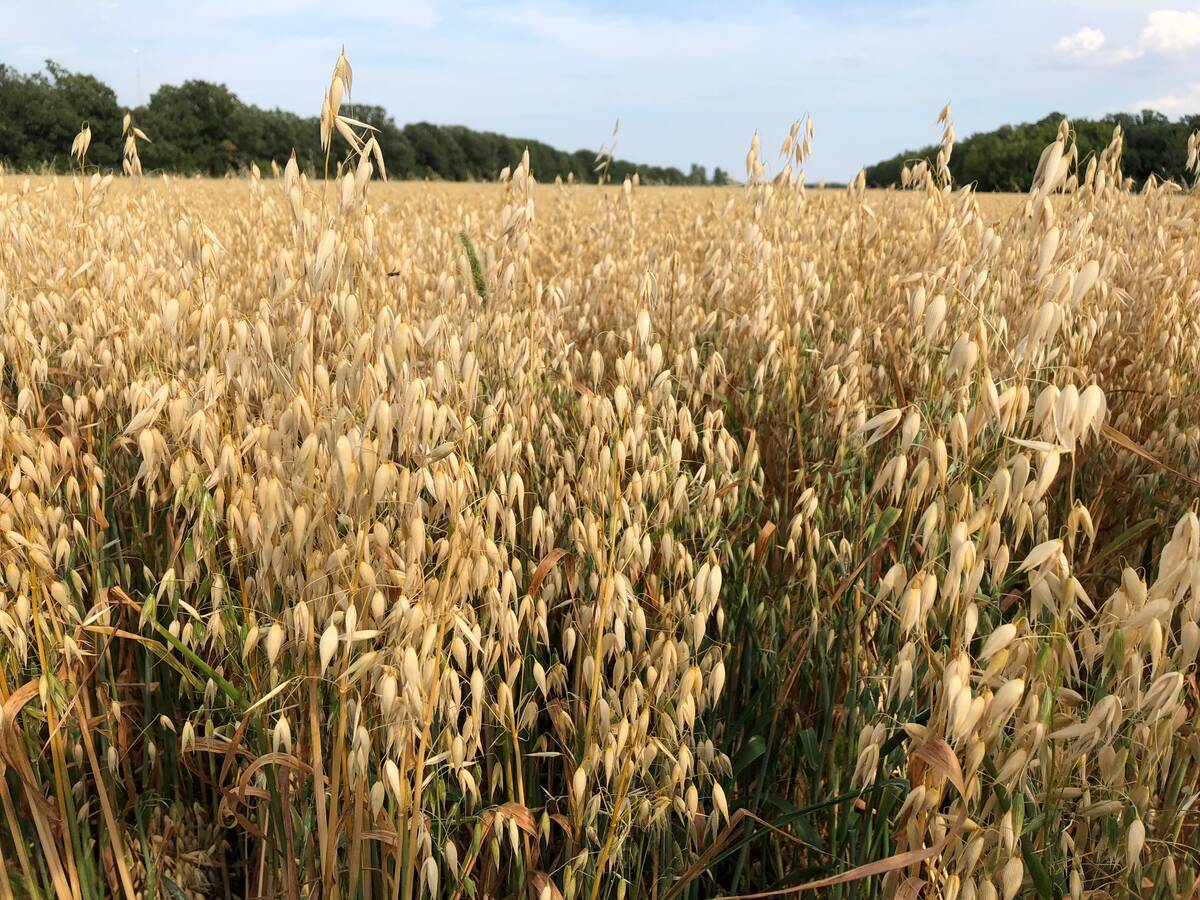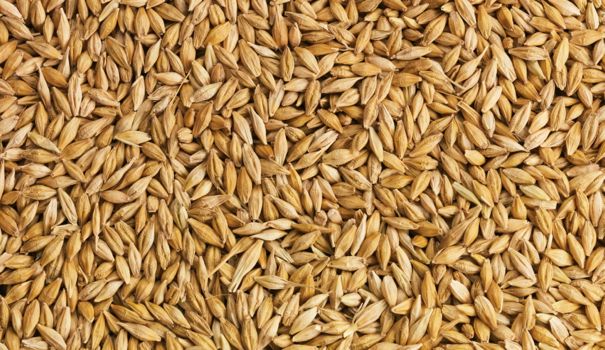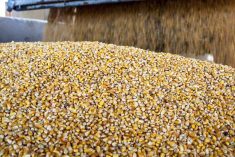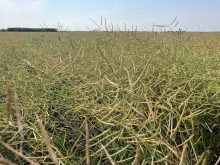CNS Canada — It seems the recent surge in canola has carried over to the feed barley market near Lethbridge.
A weekend frost and other issues saw canola futures jump sharply in recent days, and according to trader Jim Beusekom at Market Place Commodities near Lethbridge, that rally has given strength to the feed barley market.
“This past week seems to have a touch of a rally going on… with the canola market pretty hot here the past couple of days,” he said.
Read Also

Big oat crop in 2025/26 pointing to less acres next year
Oat acres in Canada are likely to recede this spring with cash prices to remain low, said Scott Shiels, grain procurement manager for Grain Millers Canada in Yorkton, Sask.
While the two crops are markedly different, Beusekom said they do tend to pull one another a little bit.
Feed barley, he said, is currently trading at $195-$205 per tonne in Lethbridge. Front-end deliveries are trading at the lowest level, with June and July contracts hitting the $205 mark, according to Beusekom.
“Farmers have sold most of their barley; stocks on farms are very limited and there isn’t a lot of barley left to be sold, the way we see it,” he said.
Beusekom estimated 30 to 50 per cent of the barley-growing regions of the Prairies are too dry at this point. Because of that, he doesn’t expect to see producers hurrying to sell their supplies.
“When it’s too dry typically those producers aren’t sellers; they want to hold on and see what happens before they sell more grain.”
While producers are a couple of months away from seeing a new crop, there should be enough barley in the system to keep things going until then, according to Beusekom.
“There should be enough feed to cover us until new-crop. It takes those last guys that own it to keep on selling it. Usually they do.”
At this point, Beusekom said, he’s still receiving supplies, but expects that to stop if the rains don’t come.
“If it stays dry and it turns into a full-scale drought, then we got to start dealing with that,” he said.
— Dave Sims writes for Commodity News Service Canada, a Winnipeg company specializing in grain and commodity market reporting.


















